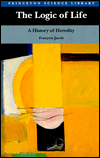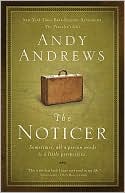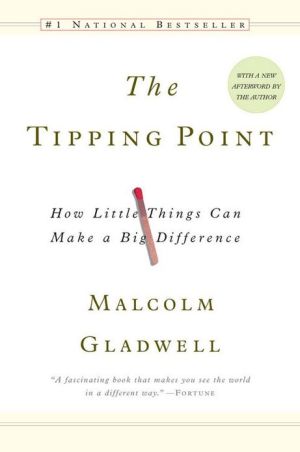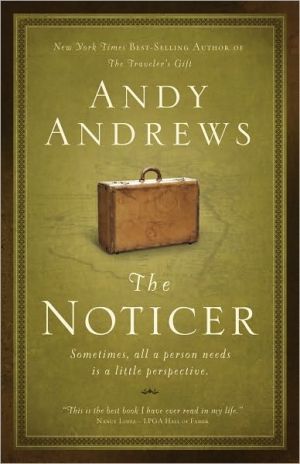The Logic of Life: A History of Heredity
In The Logic of Life François Jacob looks at the way our understanding of biology has changed since the sixteenth century. He describes four fundamental turning points in the perception of the structure of living things: the discoveries of the functions of organs, cells, chromosomes and genes, and DNA.
Search in google:
"The most remarkable history of biology that has ever been written."—Michel Foucault"A great story. . . . A compact encyclopedia of biology, it manages to convey, for all the weight of its content, a sense of continual excitement and wonderment."—Lewis Thomas, author of The Lives of a Cell Arnold W. Ravin - Science [A] lucid account of man's changing ideas about heredity. [It] seizes and stimulates the imagination.
PrefaceIntroduction: The Programme11The Visible Structure19Generation20Deciphering Nature28Mechanism32Species44Preformation52Heredity672Organization74Memory and Heredity75The Hidden Architecture82Life88The Chemistry of Life92The Plan of Organization100The Cell1113Time130Cataclysms131Transformations142Fossils152Evolution1604The Gene178Experimentation180Statistical Analysis192The Birth of Genetics201The Dance of the Chromosomes209Enzymes2265The Molecule247Macromolecules249Micro-organisms260The Message267Regulation279Copy and Error286Conclusion: The Integron299Notes325Index339
\ The New Yorker\ - Jeremy Bernstein\ Brilliant. . . . One thing the book reveals to the general reader is the interconnection of the development of biological ideas with the development of the rest of science and technology.\ \ \ \ \ Science\ - Arnold W. Ravin\ [A] lucid account of man's changing ideas about heredity. [It] seizes and stimulates the imagination.\ \ \ Washington Post Book World\ - Edward Edelson\ François Jacob, who won the Nobel Prize in 1965 for his work on genetics, has written an unusual and illuminating history of his discipline. It is not so much a history of science as a history of the ideas of science.\ \ \ \ \ Science[A] lucid account of man's changing ideas about heredity. [It] seizes and stimulates the imagination.\ — Arnold W. Ravin\ \ \ \ \ Washington Post Book WorldFrançois Jacob, who won the Nobel Prize in 1965 for his work on genetics, has written an unusual and illuminating history of his discipline. It is not so much a history of science as a history of the ideas of science.\ — Edward Edelson\ \ \ \ \ The New YorkerBrilliant. . . . One thing the book reveals to the general reader is the interconnection of the development of biological ideas with the development of the rest of science and technology.\ — Jeremy Bernstein\ \ \ \ \ The Times Literary Supplement[One of] the most important discussions yet published of the recent advances in molecular biology. . . .\ \








